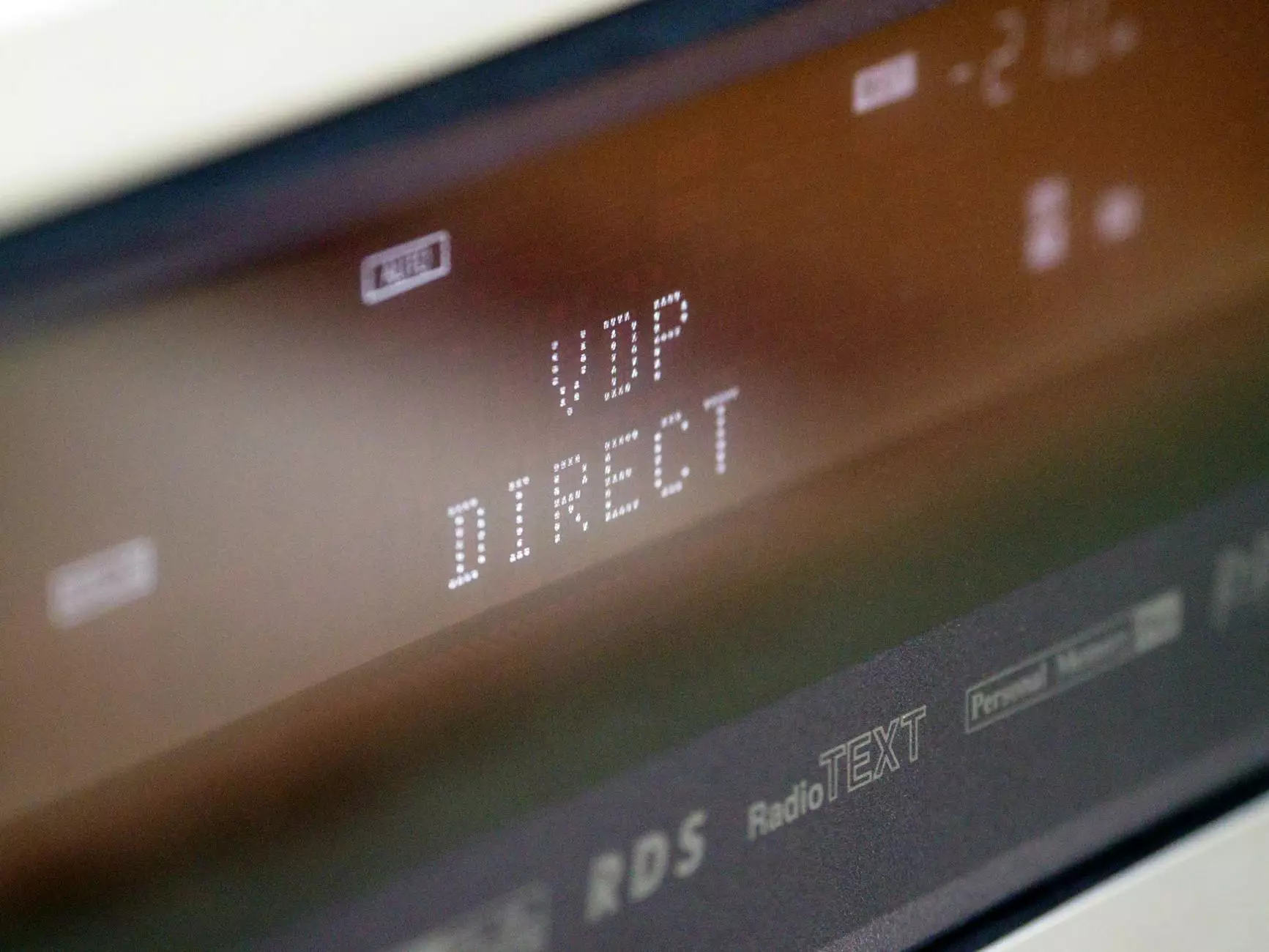The Rise of Label Companies: Transforming Printing Services and Electronics

Label companies have become a vital part of the modern business ecosystem. As industries continue to evolve, the roles played by these companies in printing services and electronics are more prominent than ever. In this article, we will explore how label companies are revolutionizing business operations, the various challenges they face, and the innovative solutions they provide.
1. Understanding the Role of Label Companies
Label companies specialize in creating custom labels for a wide range of products and purposes. These labels are crucial for branding, product identification, information communication, and regulatory compliance. Businesses in numerous sectors rely on label companies to facilitate their branding efforts and streamline operations.
1.1. Why Labels Matter in Business
Labels are more than just stickers; they are an essential part of a product's identity. Here are several reasons why labels play a significant role in business:
- Brand Recognition: Labels help create a memorable brand image and ensure consistency across products.
- Information Dissemination: Labels convey essential information such as ingredients, usage instructions, and safety warnings.
- Compliance: Many industries require compliance with regulations that mandate specific labeling requirements, making it critical for businesses to partner with experienced label companies.
- Aesthetic Appeal: Custom labels can enhance the overall presentation of a product, making it more attractive to consumers.
2. The Evolution of Printing Services
The printing services sector has experienced significant changes over the past few decades, with advancements in technology paving the way for new opportunities in label production. Here is a chronological overview of the evolution of printing services related to label companies:
2.1. Traditional Printing Techniques
In the early days, label production was a labor-intensive process utilizing traditional printing methods such as offset printing and letterpress. While these methods produced high-quality results, they lacked the flexibility and efficiency needed for modern business demands.
2.2. Digital Printing Revolution
The advent of digital printing technology changed the landscape of label production. With the ability to print on demand and produce shorter runs efficiently, digital printing enabled businesses to:
- Reduce Waste: Companies can now print only the quantity needed, minimizing excess inventory and waste.
- Enhance Customization: Digital printing allows for rapid design changes and personalized labels, tailored to individual consumer preferences.
- Improve Turnaround Times: Quicker production times lead to faster market entry for new products.
2.3. The Integration of Technology
Label companies are increasingly integrating advanced technologies such as automation, RFID (Radio Frequency Identification), and smart labels into their processes. These innovations streamline production, improve accuracy, and offer new capabilities, setting modern label companies apart from their predecessors.
3. Challenges Faced by Label Companies
While the evolution of label companies presents numerous opportunities, several challenges persist in the industry. Understanding these difficulties can help businesses navigate them effectively. Some of the most common challenges include:
3.1. Rising Costs of Materials
The price of raw materials for labels, such as adhesives and inks, can fluctuate significantly. Regular monitoring of material costs and price negotiations with suppliers are essential to ensure profitability.
3.2. Competition and Market Saturation
With the growth of label companies, the market has become increasingly saturated. To remain competitive, businesses must differentiate themselves through innovation, exceptional customer service, and unique product offerings.
3.3. Meeting Customer Expectations
In today’s competitive landscape, customers expect high-quality products, fast turnaround times, and excellent service. Label companies must prioritize these expectations to succeed in a crowded marketplace.
4. Innovations Shaping the Future of Label Companies
Label companies are at the forefront of innovation, constantly adapting to address industry challenges. Let's take a look at some of the latest trends and innovations:
4.1. Sustainability Initiatives
As consumers become more environmentally conscious, label companies are focusing on sustainable practices. This includes:
- Eco-friendly Materials: Switching to biodegradable and recyclable materials to reduce environmental impact.
- Reduced Waste Printing: Implementing strategies that minimize waste during label production.
- Carbon Offsetting: Investing in carbon offset programs to neutralize emissions generated from production processes.
4.2. Smart Labels
Smart labels, which incorporate technologies such as QR codes and NFC (Near Field Communication), are gaining popularity. These labels allow businesses to:
- Engage Consumers: Provide additional product information and promotions through interactive experiences.
- Track Supply Chain: Utilize RFID and smart labels to track products throughout the supply chain, enhancing efficiency and security.
4.3. Automation and Efficiency
Label companies are increasingly adopting automation to streamline their operations. This includes:
- Automated Cutting and Finishing: Reducing manual errors and increasing production speed.
- Workflow Management Software: Enhancing project tracking and communication between teams.
5. Building a Strong Partnership with Label Companies
Partnering with reputable label companies can have a significant impact on a business's success. To cultivate a successful collaboration:
5.1. Evaluate Experience and Expertise
When selecting a label company, consider their experience, industry knowledge, and expertise in specific materials and technologies. A seasoned partner will provide valuable insights and suggestions tailored to your business needs.
5.2. Communicate Clearly
Effective communication is key to any successful partnership. Clearly outline your expectations regarding quality, timelines, and specific label requirements to ensure a smooth working relationship.
5.3. Emphasize Innovation
Choose a label company that values innovation and is willing to explore new solutions. Staying ahead of trends ensures that your business remains competitive in an ever-evolving marketplace.
6. Conclusion: The Future of Label Companies
The future of label companies is bright, with numerous avenues for growth and innovation. As businesses continue to rely on the expertise of these companies in printing services and electronics, staying informed about industry trends and challenges will be critical. By embracing technology, sustainable practices, and strong partnerships, label companies can play an essential role in helping businesses thrive in a competitive marketplace. With ongoing advancements, label companies are set to redefine what is possible in the realms of printing and product identification.
In conclusion, investing in high-quality labels and partnering with proficient label companies is not just a pragmatic choice; it is a strategic move for any business aiming to enhance its brand identity and operational efficiency.









